Falling in love with Solomon's Key
A bit late to this party.
For years whenever I've been hunting around through books about old games and going over compilation discs, I've seen the words "Solomon's Key" and never been tempted. Intrigued, but not intrigued enough. It's an old game, right, maybe a bit puzzley? Ported a lot.
That ended yesterday. I was looking through the NES games on Switch for something to play, and there was Solomon's Key. After all this time, what is this game? Is it playable at all? A relic? Will it make me understand the lineage of another game a little better? I didn't know what to expect, but I'll tell you what actually happened: I fell in love.
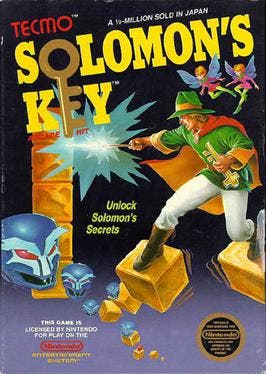
Solomon's Key - I'm going to pretend that, like me, you didn't know this - is sort of a 2D platformer. Sort of. On each screen you move a little wizard type around, and your job is to collect a key and then peg it to a locked door. You can jump and duck and there are different enemy types. You can collect magic weaponry and send out fireballs.
Yes. All of that. But one other thing. Two, actually. You can destroy certain blocks and you can build certain blocks where there were no blocks before.
This doesn't sound like much. So it's kind of a precursor to Trine? Not remotely. Solomon's Key is wild. By destroying and conjuring blocks, you can do all kinds of wild things.
So you can get to a high ledge by building stairs. Fine. You can get to a lower ledge by digging through the floors. Okay. But look at what happens when the enemies crop up. You can block them in! You can reroute them, dictating their flow through levels like you're an engineer moving the path of a river. Solomon's Key is a game that allows you to reprogram its levels!
1986! (1987 for the port but still!) More than anything, Solomon's Key is a reminder to me of how dauntingly inventive early video games could be. The ideas they were pulling off remind me a little of how astonishing silent movie camera techniques and editing could be - look at something like Wings - far before sound came in and slowed everything down a bit. Destructible environments: has it really been done better - more satisfyingly, more predictably and gameably - than in Super Mario Bros? Look at the emergent patterns of behaviour in the AI of something like Robotron, each piece driven by such simple rules. And here's Solomon's Key, a pocket world of fantastic ideas - and a game that, after all those decades, still feels like genuine magic when you fire it up.
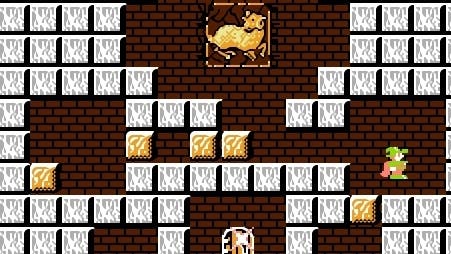





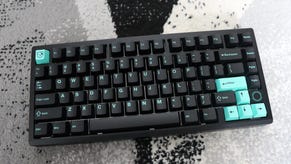
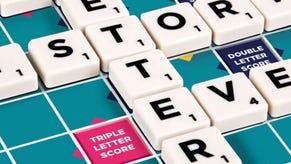
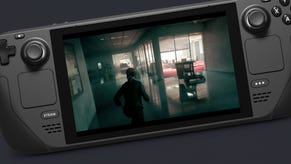
.jpg?width=291&height=164&fit=crop&quality=80&format=jpg&auto=webp)
_Rwmp6uD.jpg?width=291&height=164&fit=crop&quality=80&format=jpg&auto=webp)